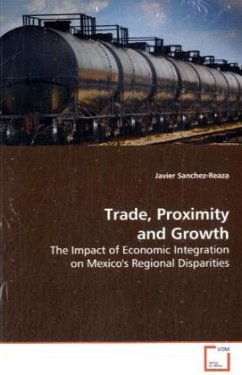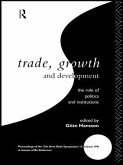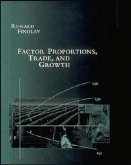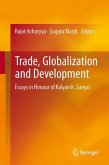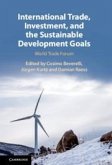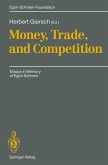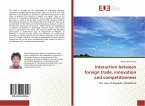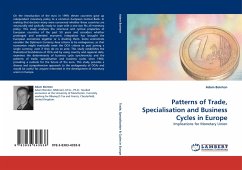Although there is wide acceptance that free trade
brings about benefits to the countries involved, its
spatial implications are not clear. Neo-classical
models have suggested that trade contributes to
an economic levelling off. The new economic
geography (NEG) has argued that the benefits of
trade can be concentrated in few places or dispersed
to other areas based on the action of two sets of
countervailing forces and transportation costs.
Mexico's closed-economy approach was associated to
concentration of economic activity in the main
market: Mexico City. Trade liberalisation after
accession to GATT and later also to NAFTA has
shifted the relevant market to the US and has
favoured growth in border-states. These developments
make of Mexico a prime example to explore NEG's
proposals.
Increasing spatial inequality after trade, raises a
number of questions: is trade related to growth or
disparities? Are NEG factors such
as distance to markets, determinants of growth? What
role is there for endogenous local factors? Can
other regions catch-up and under what circumstances?
These are some of the issues that the book
attempts to explore.
brings about benefits to the countries involved, its
spatial implications are not clear. Neo-classical
models have suggested that trade contributes to
an economic levelling off. The new economic
geography (NEG) has argued that the benefits of
trade can be concentrated in few places or dispersed
to other areas based on the action of two sets of
countervailing forces and transportation costs.
Mexico's closed-economy approach was associated to
concentration of economic activity in the main
market: Mexico City. Trade liberalisation after
accession to GATT and later also to NAFTA has
shifted the relevant market to the US and has
favoured growth in border-states. These developments
make of Mexico a prime example to explore NEG's
proposals.
Increasing spatial inequality after trade, raises a
number of questions: is trade related to growth or
disparities? Are NEG factors such
as distance to markets, determinants of growth? What
role is there for endogenous local factors? Can
other regions catch-up and under what circumstances?
These are some of the issues that the book
attempts to explore.

